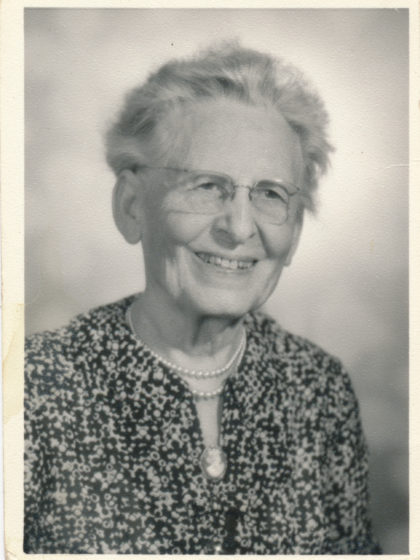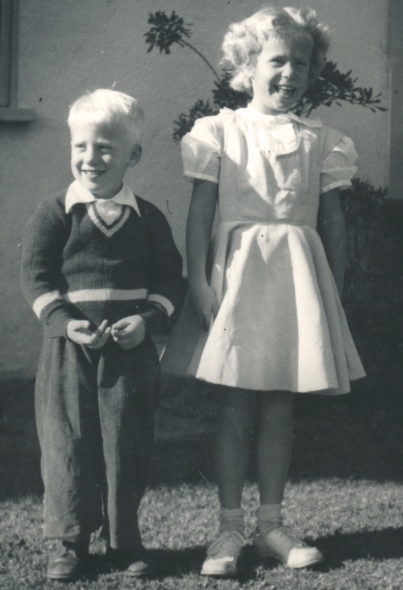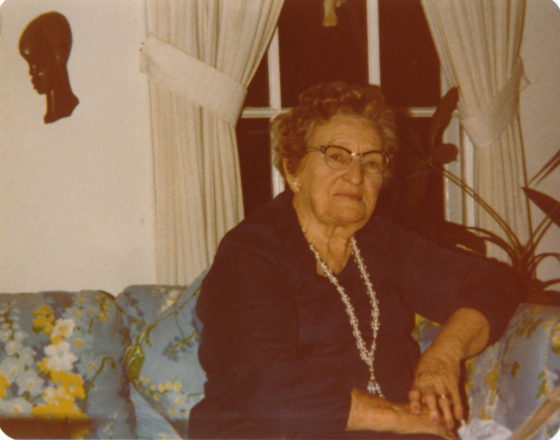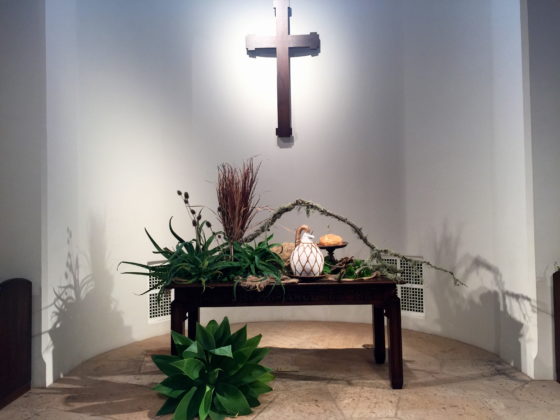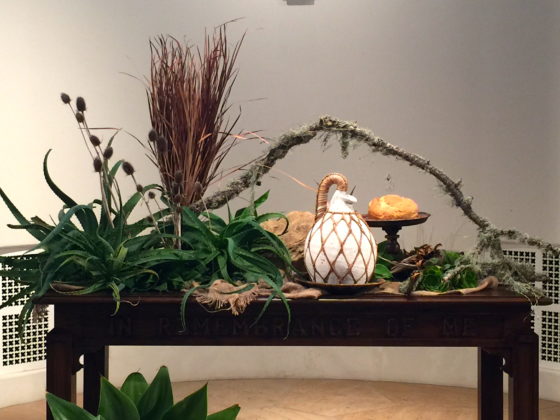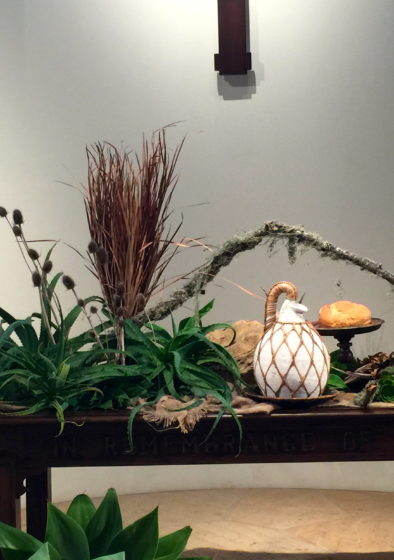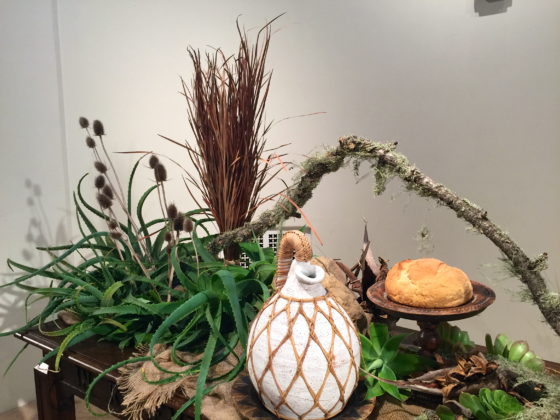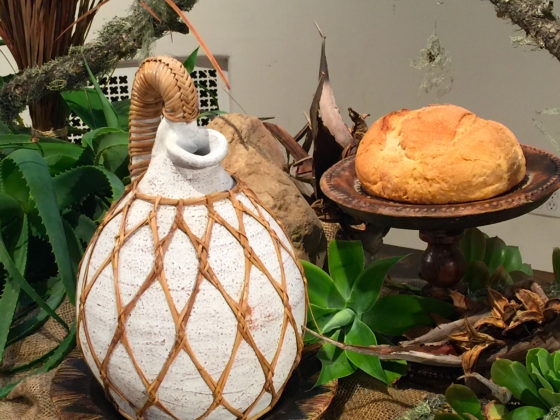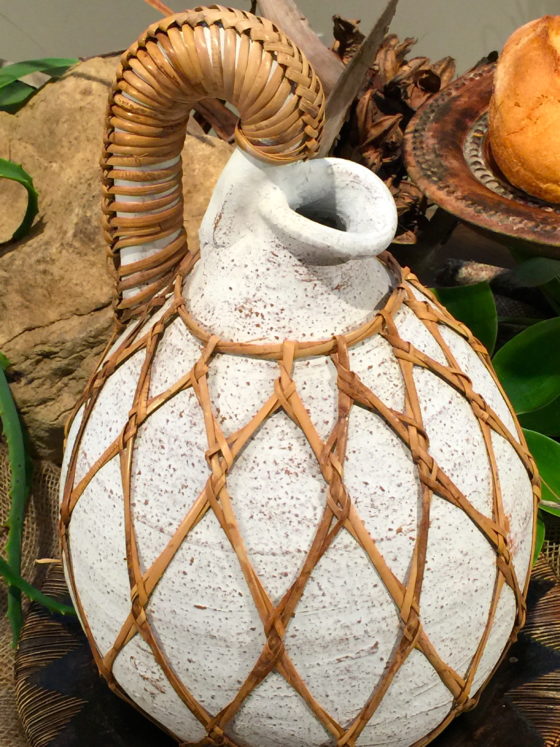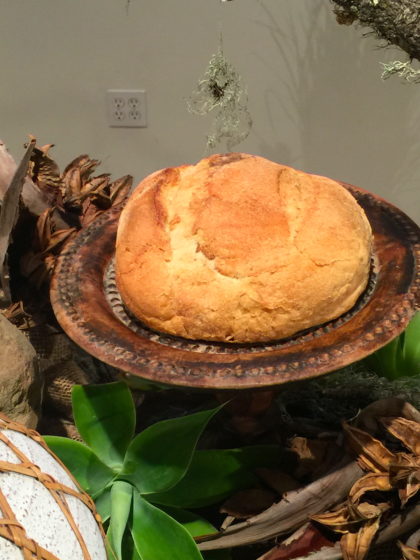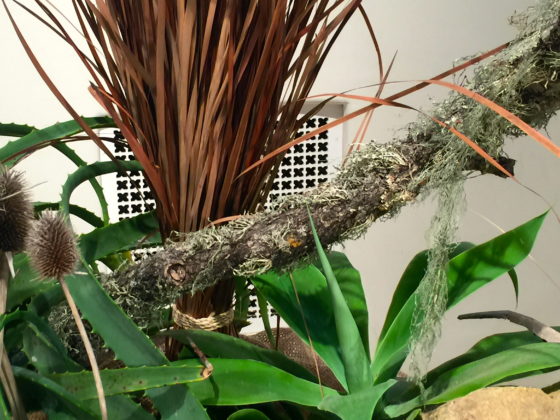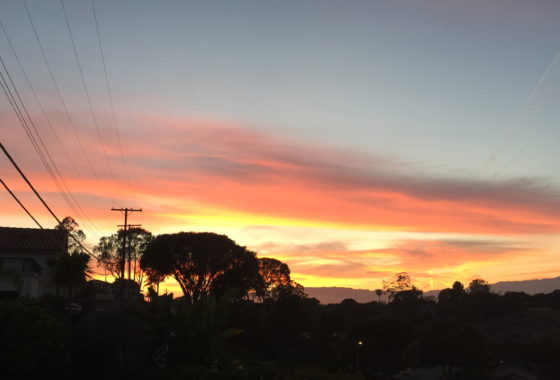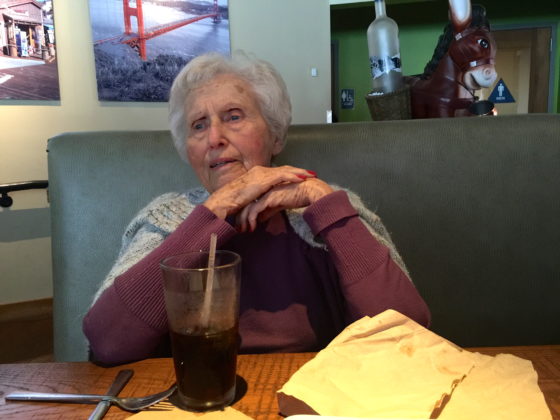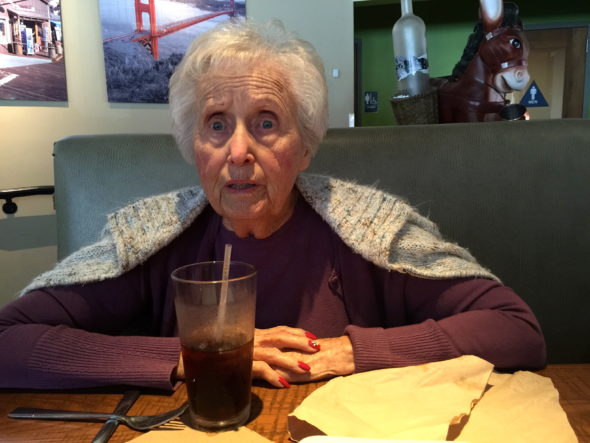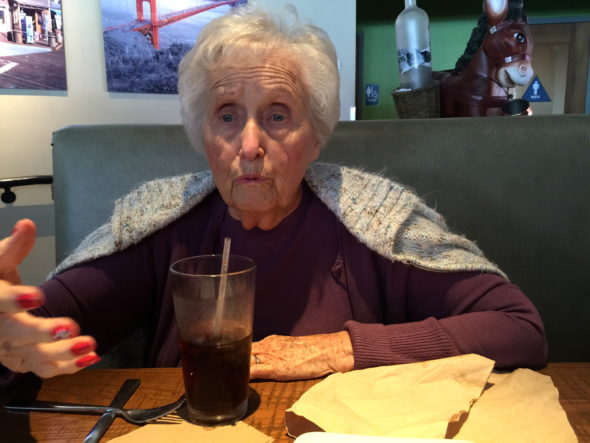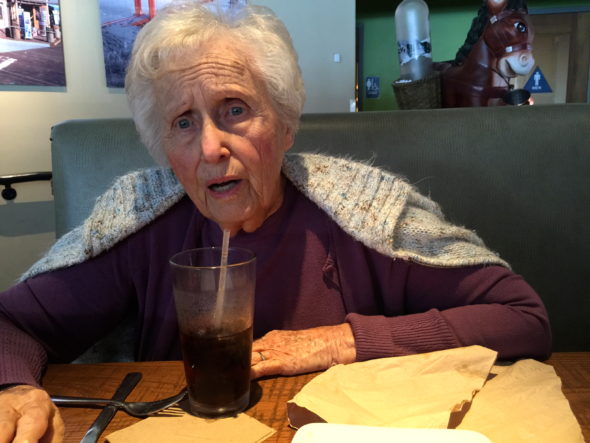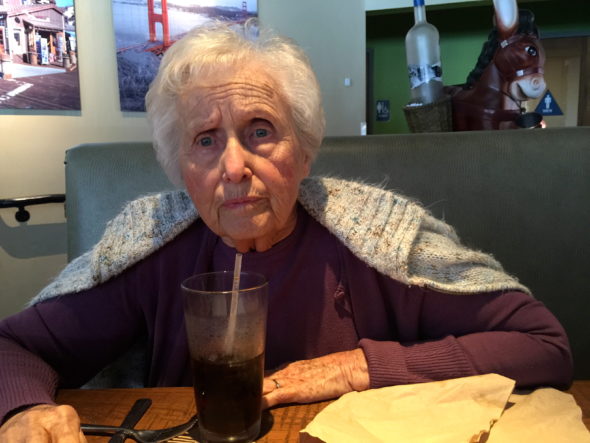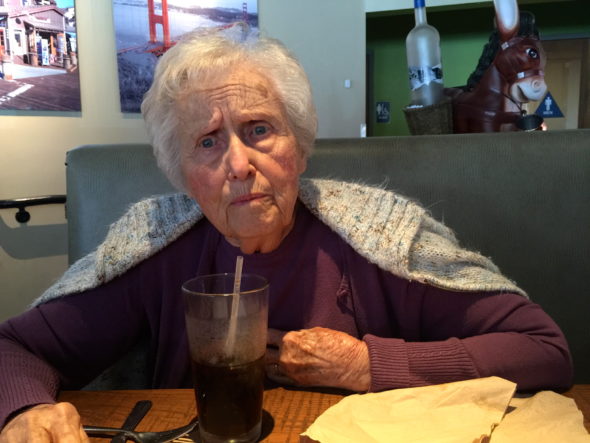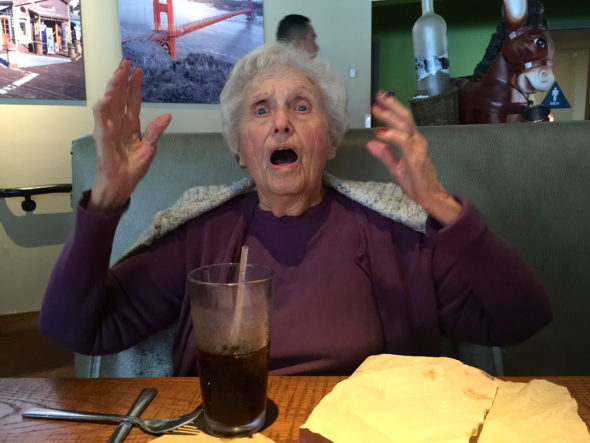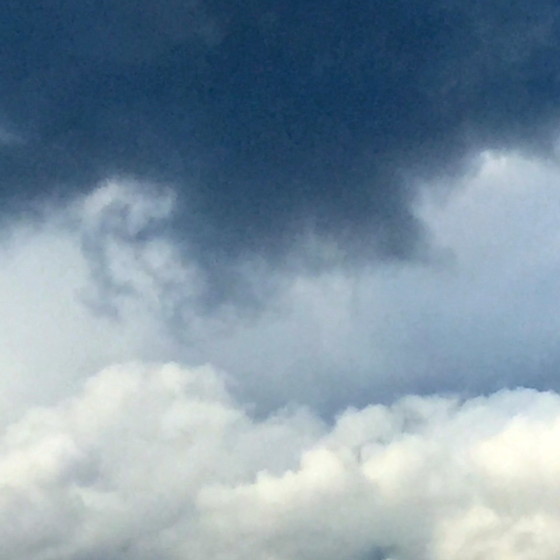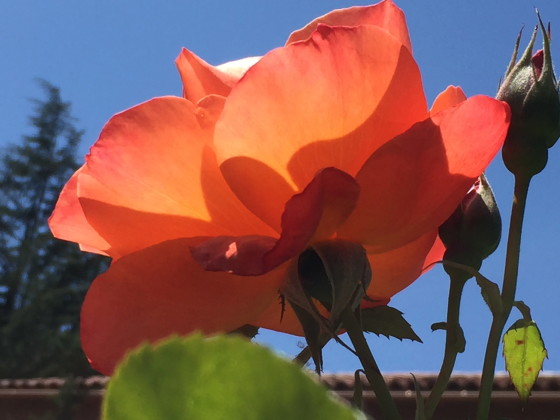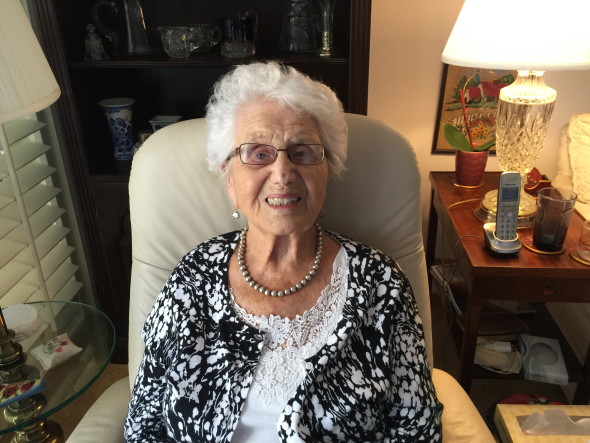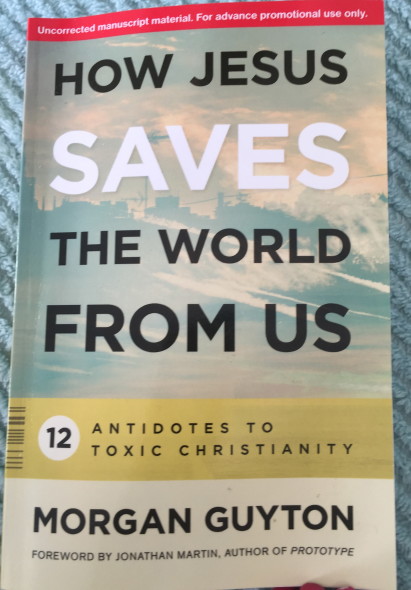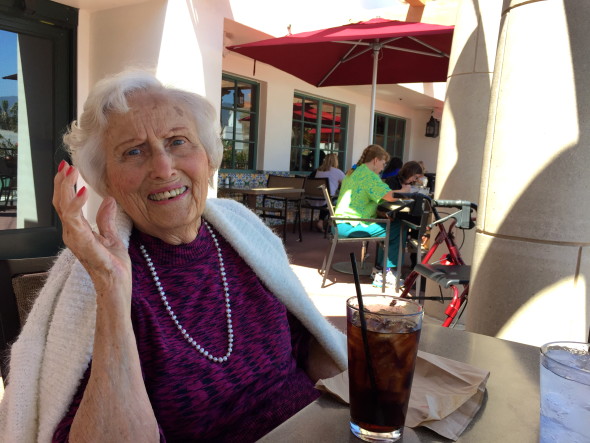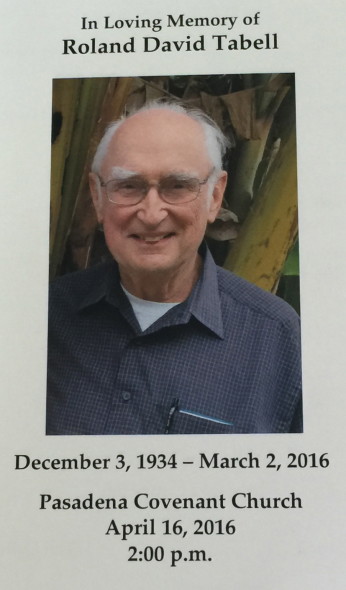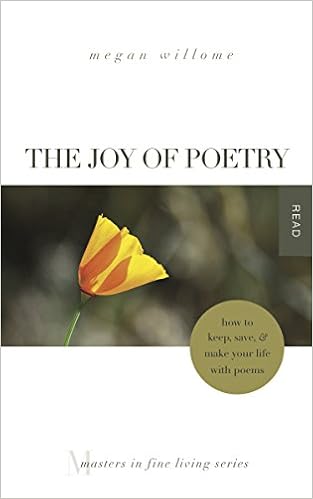A fascinating theme this month — the single word, ‘hair.’ Well. What came to me, as I was traveling nearly 2500 miles on an epic road trip last month, was this bit of stuff about my grandmothers and me. I’d love to hear your thoughts/responses to that topic! Come on over and join the conversation!
My paternal grandmother, Pearl Scott Smith Gold, at about age 80 (1960ish)
My Gran had long, thin, gray-and-white hair which she wore wound in a bun on the back of her head. It was a style reminiscent of the 1880’s or 90’s, and somehow suited her. For several years after my grandfather died, she would stay with us for two to three weeks at a time and shared my bedroom when she did. Every night of her stay, I would watch, fascinated, as she wound up chunks of that long, thin stuff around leather strips, which served as wave-setters while she slept. Then, in the morning, she would expertly comb and position every strand into a perfect loop, holding it in place with long hairpins.
My own hair at that stage of my life was the bane of my existence. It was almost as white as it is now, as my brother and I were complete towheads until we hit puberty, and it was thin and very, very straight. My mom thought it would be nice to have a curly-haired daughter, so she would periodically put me through the process of a permanent wave, which I considered to be nothing less than torture. The irony was, it never worked. Never. I would end up with frizz on half my head and stick straight hair on the other half.
My brother Tom and I at about ages 3 and 5 – 1950ish — see?
Stick straight around the bottom, weird curls on top. Oy vey.
I think about us now, my elderly grandmother and my young self, and realize that what we think about, do with and understand about our hair say a lot about who we are and where we’ve come from. I come, on one side of my family, from that tall, thin, southern schoolmarm who married later than most and carried a lot of racial prejudice deep in her bones. On the other side, there was Nonnie, who was almost as wide as she was short (4’11”), lived with serious heart disease for half of her life (which extended 101 years despite that handicap), and began her own, very successful, business in her late 50s. She was an immigrant from Canada, and a very strong woman, though she hesitated to let that strength show, preferring to work underground in ways that were sometimes detrimental to the health of her family. While I knew her, Nonnie’s hair was short and curly.
My maternal grandmother, Elsie Thompson Hobson, about 1980. She would have been 84 that year.
At this stage of my life, as I am staring at the last leg of my own journey on this planet, I remember with love and gratitude the contributions of those two women to the richness of my story. Gran would be shocked to discover that I served as a pastor in mid-life. I choose to believe that, after some thought and prayer, she would have been proud. She died when I was 18.
Nonnie, on the other hand, died the first year of my ministry life here in Santa Barbara. And as I commuted from the LA area for the first few months of that ministry, I would stop and visit her in the rest home which became her final stop. She grabbed my hand on one of those Thursday mornings and told me, through tears and with a fierce quality to her voice, that I was continuing the journey she never finished, a story I had never heard before that moment. She was headed to Winnipeg at the tender age of 19 to enter ministry training with the Salvation Army when she chose instead to marry the older, handsome man who had admired her singing on the street corners of Vancouver. That sweet moment of revelation provided one of the strongest benedictions of my life.
Each of my grandmothers survived difficult marriages, had their own particular set of strengths and weaknesses, carried within themselves deep intelligence (one educated, the other not) and pretty decent people skills. And Gran’s old fashioned hairdo and Nonnie’s more modern style said something about who they were.
I wonder, what does my own hair say about me?
Read the rest of this piece over at SheLoves today, won’t you?
